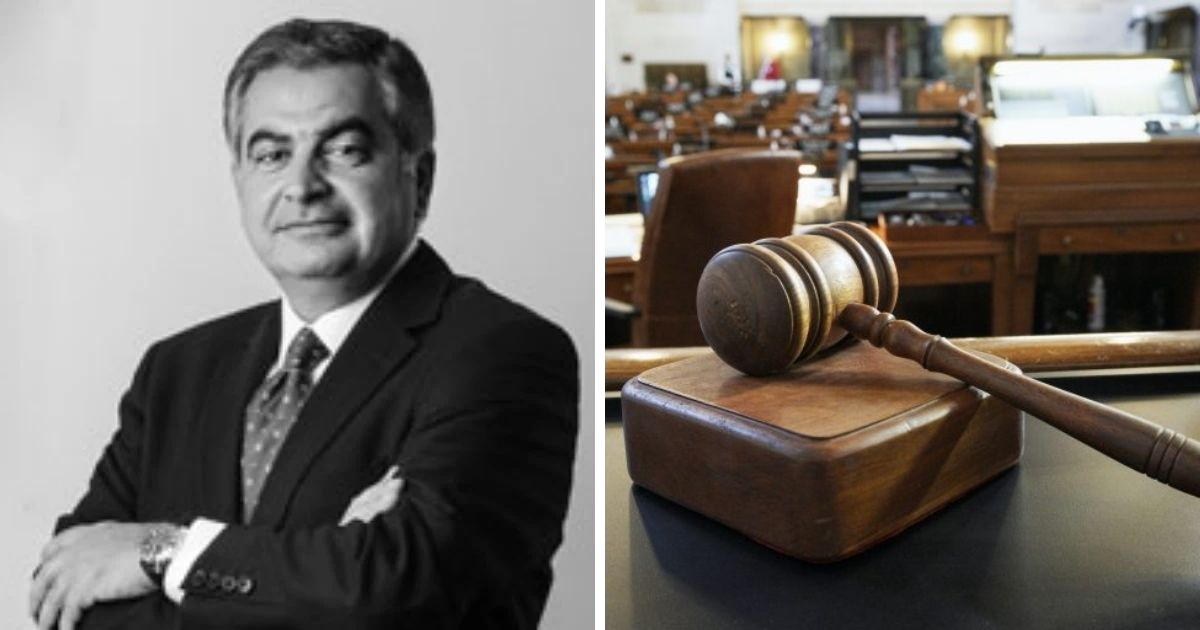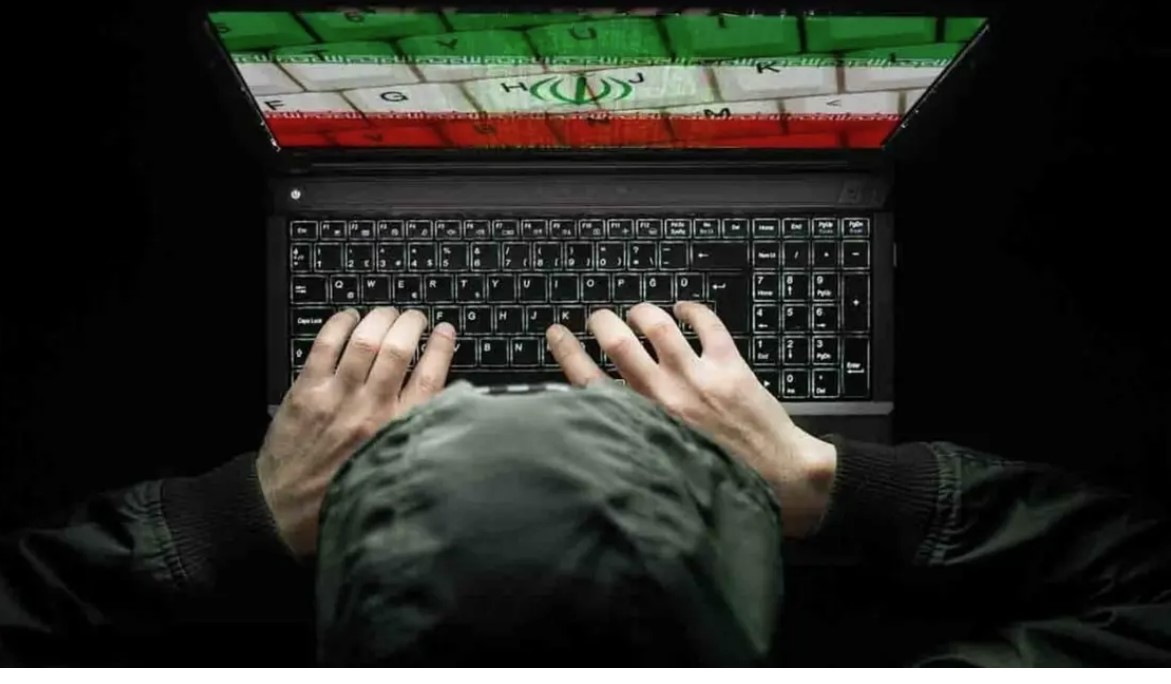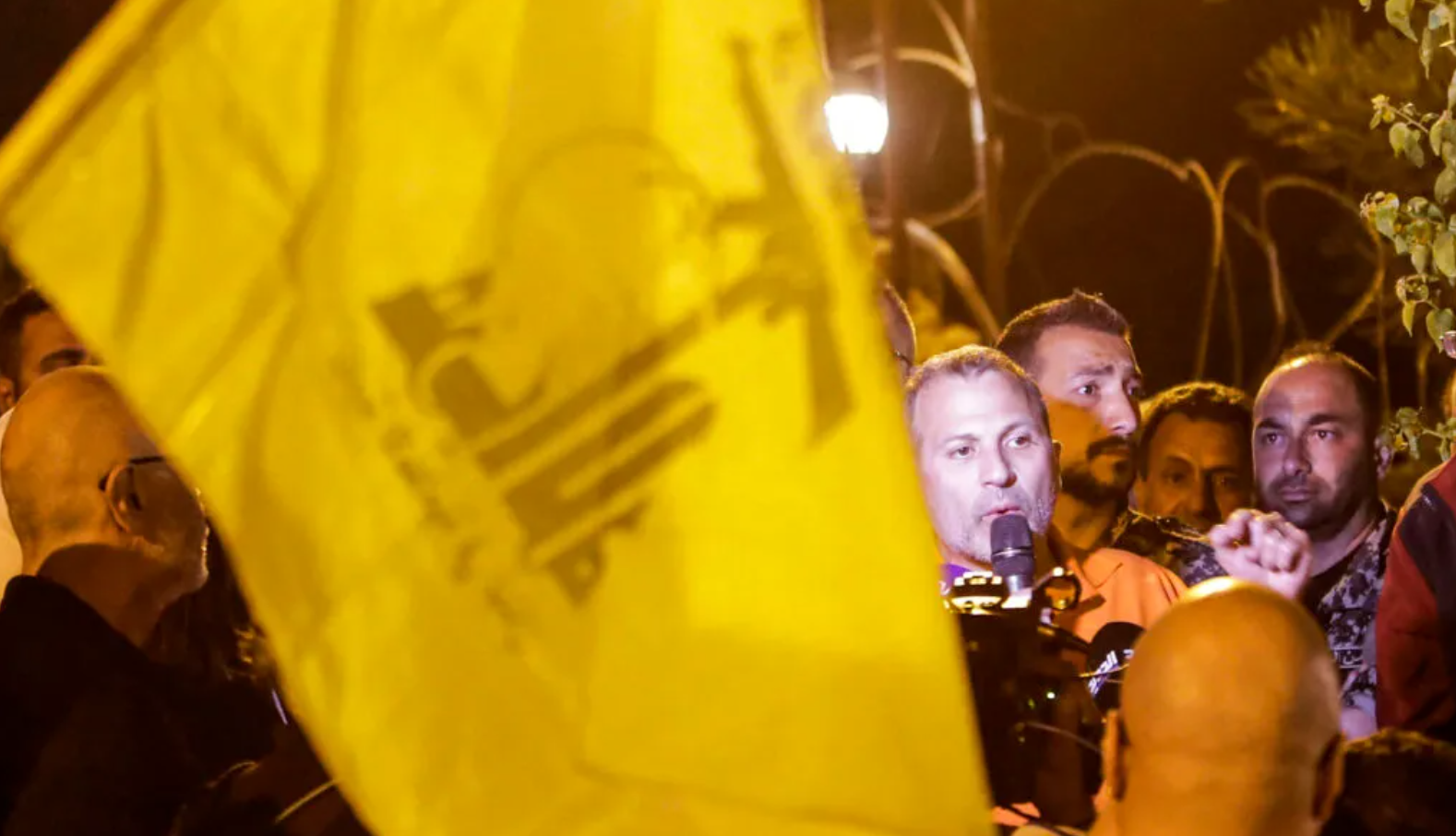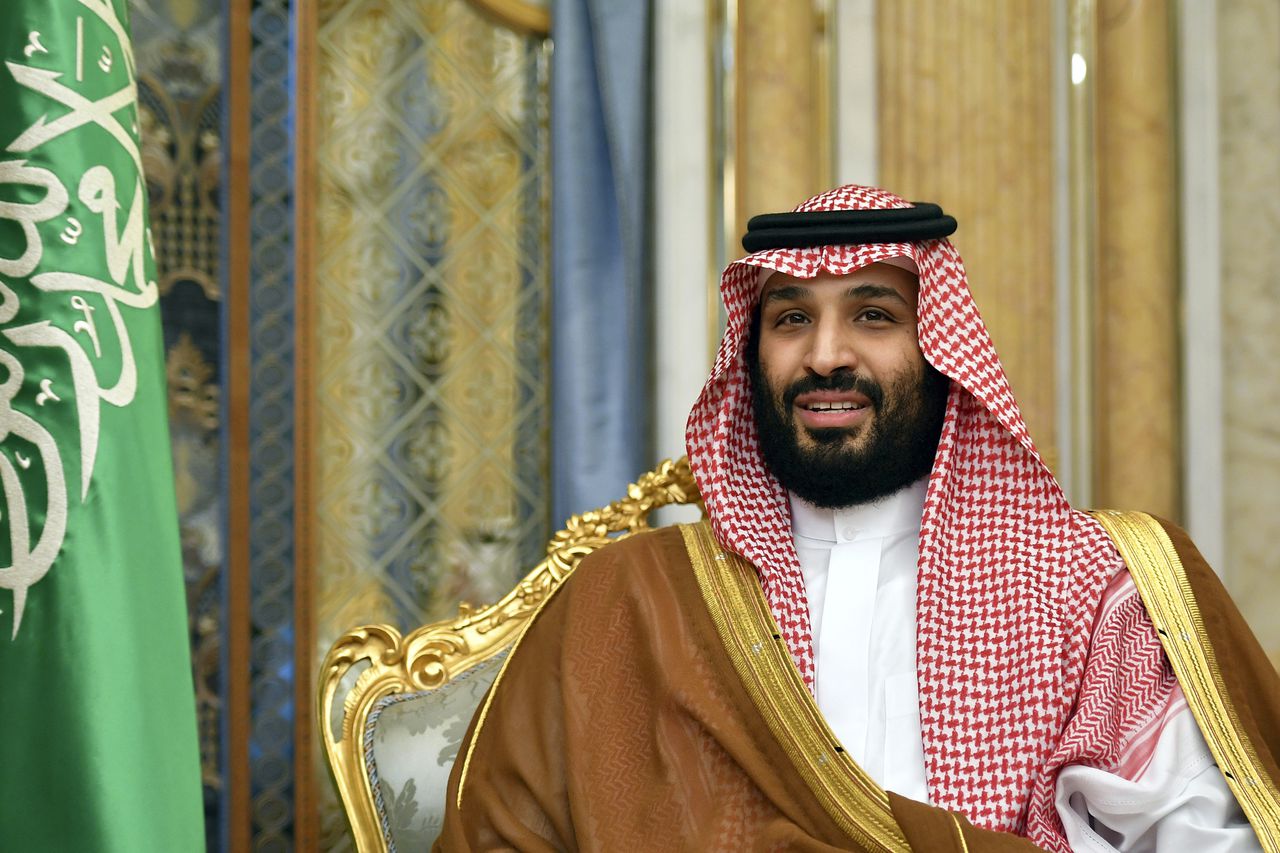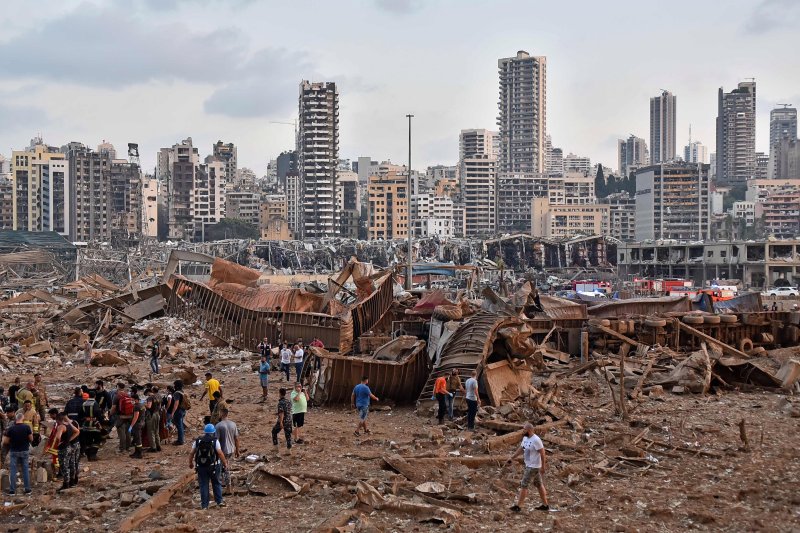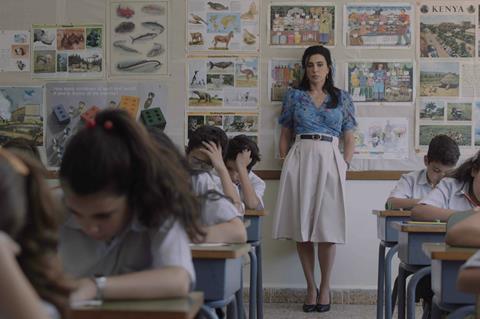
By Chloe Rabinowitz — broadwayworld.com — Tricycle Logic, a Los Angeles-based film production and distribution company, has announced the theatrical release of the critically acclaimed and award-winning film “1982” which is scheduled to open in theaters beginning Friday, June 10th in New York at THE QUAD Cinema (34 West 13th Street), and on June 24th in Los Angeles (at Laemmle Royal and other locations), with a national rollout to follow throughout the summer.
“1982” is a life-affirming coming-of-age tale set at an idyllic school in Lebanon’s mountains on the eve of a looming invasion. It unfolds over a single day and follows an 11-year-old boy’s relentless quest to profess his love to a girl in his class. As the invasion encroaches on Beirut, it upends the day, threatening the entire country and its cohesion. Within the microcosm of the school, the film draws a harrowing portrait of a society torn between its desire for love and peace and the ideological schisms unraveling its seams. In his debut feature, director Oualid Mouaness delivers an ode to innocence in which he revisits one of the most cataclysmic moments in Lebanon’s history through the lens of a child and his vibrant imagination. The film demonstrates the complexities of love and war, and the resilience of the human spirit.
